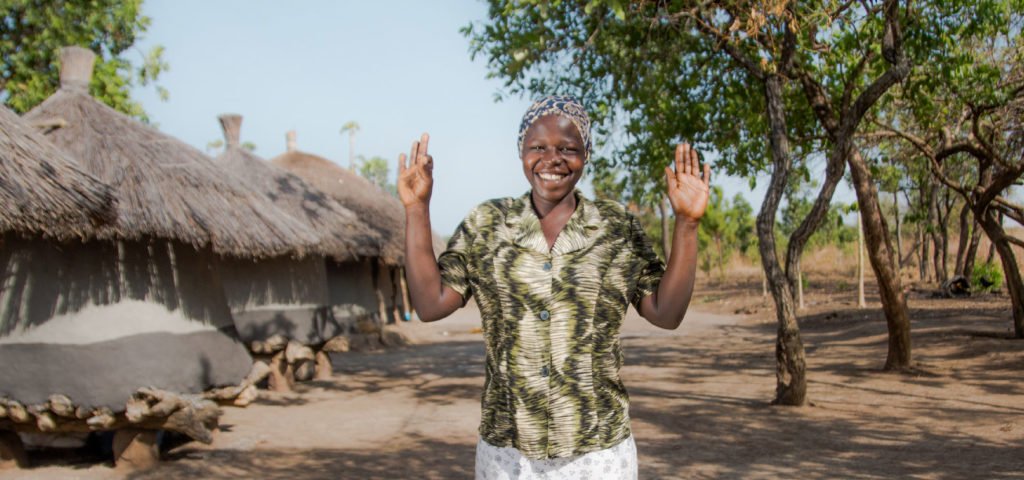Early Warning and Action model Case: Enhancing community resilience to climate change and disasters

Introduction
Time immemorial communities like the agro-pastoral communities of Otuke have interacted with their traditional environment and learned to study its behavior to predict and foretell weather and its changes. Knowing how to speak, feel, and listen to their environment guides them to decide what to do, when, why, with whom and how to do it much as they rarely explain why. This is their ‘Indigenous way of weather forecasting’.
Driving through Otuke, the gradual change in vegetation to savannah grassland with scattered trees, typical of the semi-arid environment is glaring. Despite the evident and increasing incidences of rainfall variability, communities still plan and engage in agricultural activities as they have always done. Annual drought and flash floods compound crop failure, which in turn reduces the incomes available to the mostly agriculture-based households, increasing the risk of slumping deeper into poverty.
Physical Address:
5th Floor, Union House, Plot 78, Luthuli Avenue, Kampala.
Tel: +256 31 2258100
Thank you to all who supported us on this journey, including the untiring colleagues at CARE International in Uganda.


